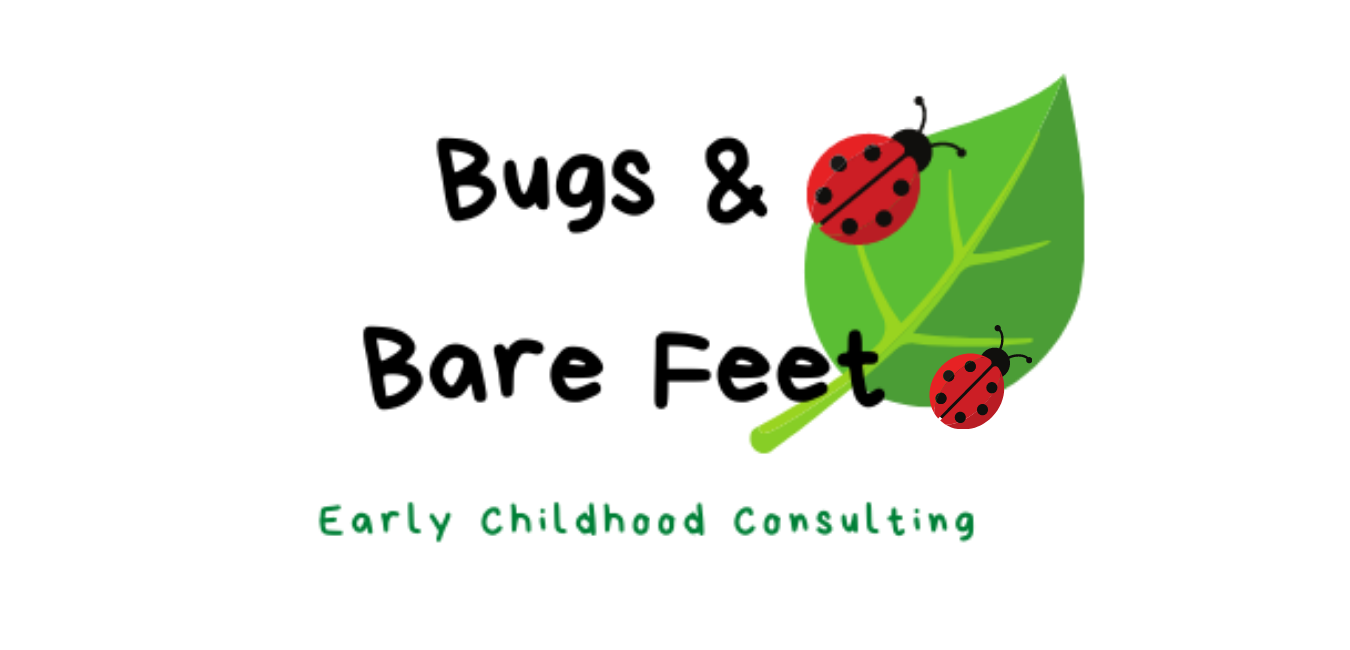What is Active Supervision?
Free PreviewSupervision is a technique that involves looking after, or monitoring a child’s activities. Young children are generally incapable of looking after themselves, and need support when making decisions for their own well-being.
Supervision is constantly observing and relating to individual children and groups of children to contribute to their safety, health and wellbeing.
At its most basic level, supervision helps to protect children from hazards or harm that may arise in their daily experiences in play, interactions with others, and daily routines. Adequate supervision means that an adult can respond immediately including when a child is distressed or is in a hazardous situation
Supervision is a verb, which is a ‘doing’ word, which means that supervision needs to be ‘done’ it doesn’t just happen. Educators MUST observe, listen to and relate to children in a way that keeps them healthy and safe at all times whilst they are in Education and Care services, thus referred to as ACTIVE SUPERVISION.
As said above, supervision is a key task of educators and something they need to be actively ‘doing’.
Here are some things that DO NOT lead to active supervision:
- Educators sitting/standing around chatting to each other
- Burying your head in an I-pad / notebook (documenting, completing forms, preparation)
- Busying yourself with tasks/routine chores, eg cleaning
- Being lazy eg calling out to children from across the room or playground
- Constantly being out of the room.
Documenting and cleaning are, of course, other key aspects of an educator’s daily role, however, the children should always come first. If other tasks are taking time away from the children, some critical reflection needs to take place to ensure children and their health and safety are prioritized.
Supervision is the responsibility of everyone working in an Education and Care Service and should reflect:
- Educators who are mindful, focused and consciously in the moment
- Clear communication between colleagues
- Educators who can assist children to develop risk assessment skills


